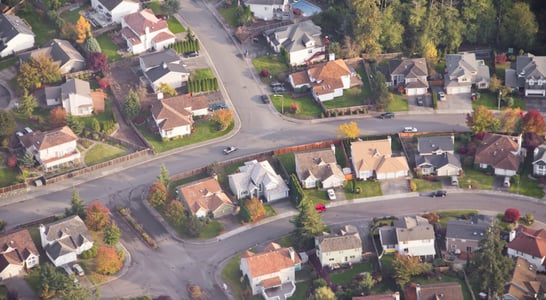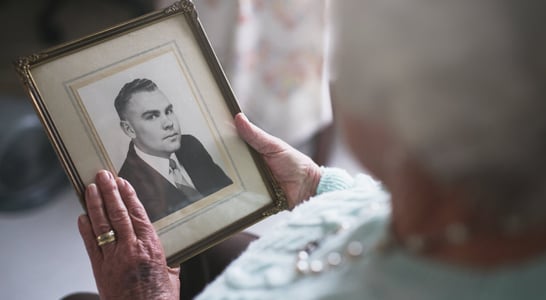
YWCA Week Without Violence
Every man, woman, and child can be more involved with building a community that has no tolerance for violence, provides resources and protection for those who need them, and shows honor and respect to every human being!
The YWCA Week Without Violence provides a targeted opportunity to increase conversations, tell stories, and promote activities that will actively work to end gender-based violence all around the planet.
History of YWCA Week Without Violence
The inaugural celebration of YWCA Week Without Violence took place in 1995 when it was founded to speak out against violence throughout the United States and worldwide.
The event began through the YWCA in the US and spread to other places such as South Africa, Canada, Australia, and many other countries.
The focus of the YWCA Week Without Violence is specifically on ending gender-based violence against women and girls, not only in local neighborhoods, homes, and businesses but also on screens.
The hope is that by raising awareness and providing spaces for more voices to be heard, women and girls will feel empowered and resourced against harassment, domestic violence, sexual assault, trafficking, and intimate partner violence.
This movement toward establishing violence-free communities includes various activities such as elevating the voices of survivors, talking with policymakers, providing better access to help for those in abusive situations, and more.
How to Observe YWCA Week Without Violence
So many opportunities exist for getting connected and working to end gender-based violence. Get creative with observing the annual YWCA Week Without Violence, or start with some of these ideas and plans:
Attend YWCA Week Without Violence Events
One great way to observe YWCA’s Week Without Violence might be to check out the events going on at the local YWCA and get involved with fund-raising, educational-based events, or other awareness-raising activities.
Rallies, community walks or runs, art installations, candlelight vigils, workshops and even pizza parties are all just some of the ways that local chapters of YWCAs get involved, foster conversation, and increase their impact to end violence.
Host a Week Without Violence Event
Although the Week Without Violence is sponsored by the YWCA, others are also invited to get involved in their own ways.
Those who aren’t connected with a YWCA or don’t have one in their area can still celebrate this event by getting the community involved!
Host a fund-raising event to support a local domestic violence charity or anti-human trafficking non-profit.
Hold a dinner party with colleagues to discuss ideas about how to be more proactive in addressing sexual or gender-based violence in businesses. Arrange a seminar for teens at the local high school to educate both girls and boys about violence and healthy ways to prevent it.
Attend Online Week Without Violence Events
Other events, like educational seminars and survivor talks, might be accssible through online webinars on the YWCA website and can be watched from anywhere in the world. Some of the online events can also be viewed on YouTube during or after they take place.
Volunteer at the Local YWCA
During the Week Without Violence and throughout the year, the YWCA is a non-profit organization that relies on volunteers to keep their facilities running and meet the needs of the women and girls in their communities.
Focused on promoting gender equality, the YWCA chapter in each local area will have different needs and spaces where volunteers are helpful.
Roles and opportunities may be available, such as teaching yoga, tending to gardens, mentoring youth and girls, preparing meals for families, doing administrative work and so much more. Contact the local YWCA for more information.
Listen as Survivors to Tell Their Stories
The YWCA Week Without Violence is a time when groups of women can be especially supportive and come around each other to foster healing.
One way to do this is to provide a safe space for survivors of violence to tell their stories. Listening without judgment, validating experiences, and showing compassion are all important factors when a survivor is brave enough to bring their story to light.
As more and more women share their stories, a community of care and understanding is fostered, hopefully encouraging more women to come forward and end violence.
Several different groups, organizations, and agencies promote the attitude of non-violence on occasions throughout the year.
Consider celebrating some of these other events promoting peace, including the International Day of Non-Violence on October 2, the United Nations’ International Day for the Elimination of Violence Against Women on November 25, and National Youth Violence Prevention Week which takes place in late April or early May.
Also on ...
View all holidaysInternational Chefs Day
Visit a fine restaurant, get gourmet in your own kitchen, thank a chef in your life and encourage others to get crafty with food on International Chef’s Day.
Suspenders Day
How could suspenders ever have gone out of style? Dig in your closet or visit a store to bring back one of the most fashionable accessories available.
World Osteoporosis Day
Bone health matters—fortify resilience, defy fragility. Embrace vitality through mindful choices and strength-building practices.
We think you may also like...
National Night Out
Help improve community-police partnerships in order to keep your communities safe for everyone, so anyone can be out at night without worry or fear.
International Day for the Elimination of Violence Against Women
Promoting respect and dignity for women, this vital movement strives to create a world where every woman feels safe, valued, and empowered.








